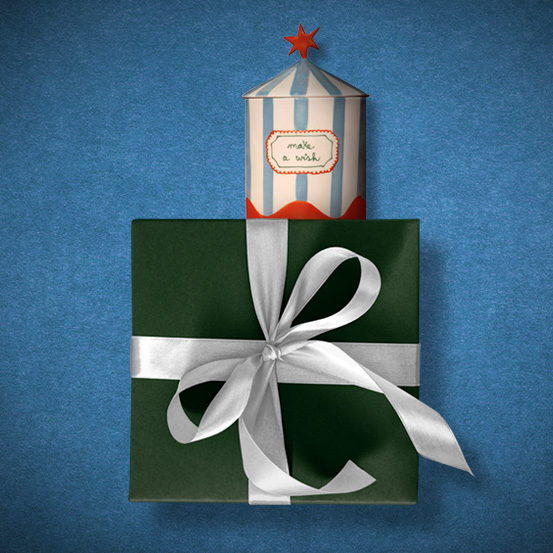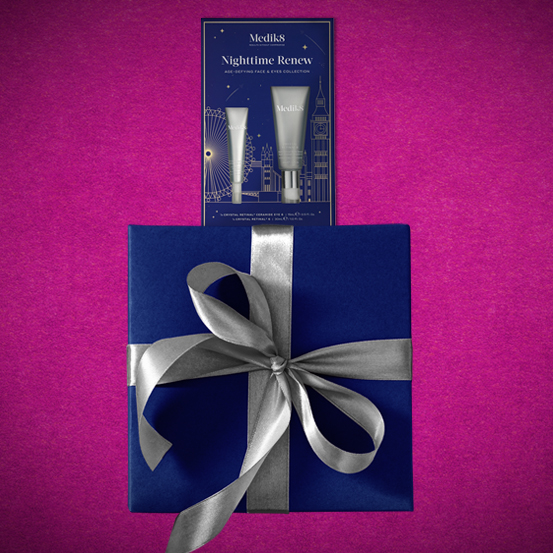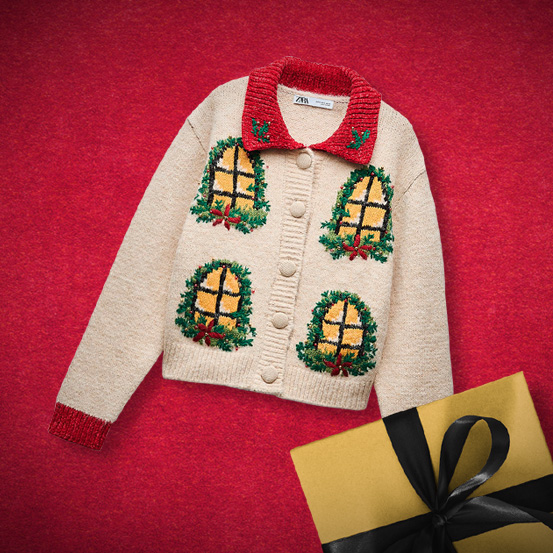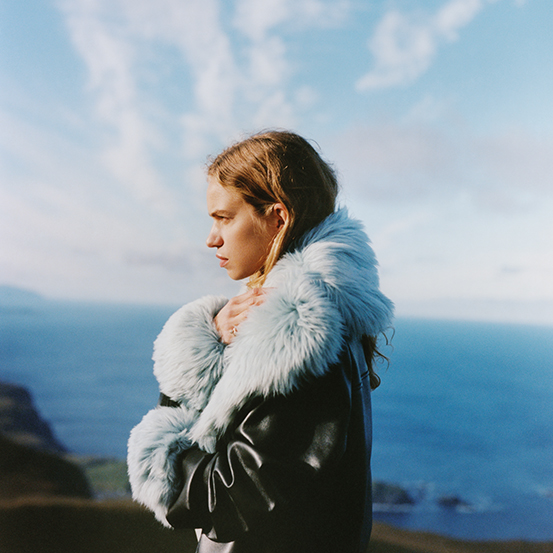She is black. She is African. She is a woman. And she has albinism. Thando Hopa could be described using only these adjectives, if the blood running in her veins was not made from a deafening activism.
She is black. She is African. She is a woman. And she has albinism. Thando Hopa (not hope, a happy pun) could be described using only these adjectives, if the blood running in her veins was not made from a deafening activism. So deafening that being a prosecutor and a model was not enough. She uses words to express herself as a rational being who fights every prejudice in the world. Sometimes half a word is enough, but Thando Hopa has so much to say that it is better to hear it all.
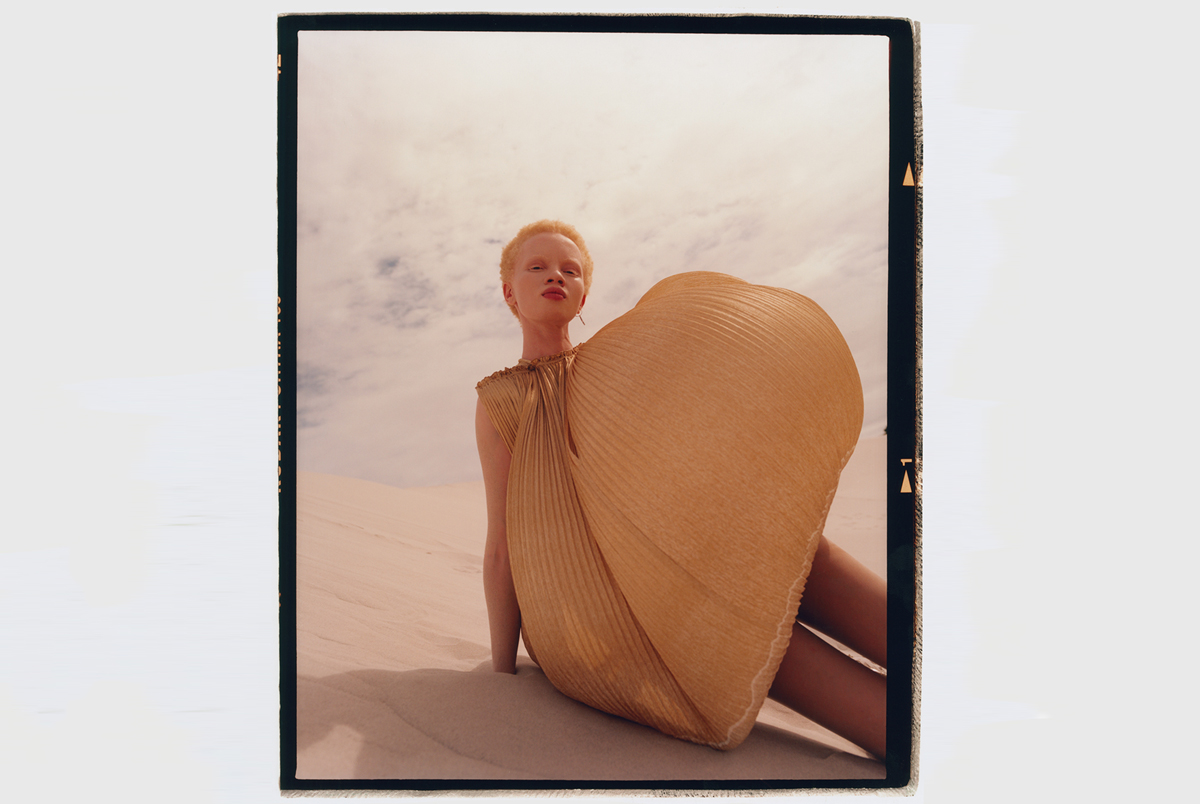
©Photography by Rhys Frampton. Styling by Sally Anne Bolton.
©Photography by Rhys Frampton. Styling by Sally Anne Bolton.
As a child, what did you want to be when you grew up?I wanted a million things, for a long time, but curiously I ended up quite focused on being an actress. I really wanted to act, but my father had a different idea and he wanted me to be an accountant. So, we settled on Law.
I was going to ask you if Law was your way of fighting the world’s injustices, but it seems it happened by chance.[Laughter] I cannot lie to you. To be honest, I did not know what I was getting into when I went to Law School. But I think it was the impact of my degree that started to model my psychology and political philosophy. Only then I decided to be a district attorney; that was, indeed, a decision purely oriented by justice.
Do you remember the first time your parents talked to you about albinism?I cannot remember doing it formally with my parents, or anyone in my family. It was all very gradual. When I went to school, my mother never told me, “Listen, you are different from other children.” Because I grew up in a pigmented society. I grew up surrounded by people with Indian origins and Black people. I was the only one with white skin. But my parents never had that official conversation with me. What my mother always did, and I think it was a way of teaching me about albinism without needing to talk about it specifically, was teaching me practical things, such as things related to my sight. My father would play ball with me to help me deal with my field depth, my mother would teach me about skin care and made sure I always wore sunscreen. So, I understood the practical implications of my skin, but not its social and cultural implications. (...) When you are a child, you are not different, you are just a child. At most, you can be a girl, but even the gender issue is not very important when you are four or five years old. The same happened with albinism. I didn’t have albinism. I was not even black. I did not understand the concept of race as a child. Your mind only starts to understand it as you grow up, and society begins to teach you that you are different. I think I only realized what having albinism meant when I was in high school..
"I didn't have albinism. I was not even black. I did not understand the concept of race as a child. Your mind only starts to understand it as you grow up, and society begins to teach you that you are different"
When was the first time you felt beautiful?It is hard to tell because it is indeed a process. I remember coming home from school one day, and telling my father, crying, I did not want to be like this anymore. Because when you are a teenager, and your femininity starts to appear, your ideas of attraction and beauty also come along. You begin to internalize the images you see in the media, your culture, who is considered beautiful and, if that is not you… Well, I went to my father in tears when I was around 12 years old and he, who sincerely raised me in the best way a man could, told me I was the most beautiful girl he had ever seen. And I continued to cry. Today, I know that moment was decisive to my process of knowing that I am enough as a woman. And then, time went by, I started coloring my eyebrows, my eyelashes… [laughter]
Was that a time of experiments?You know what? I would love to say it was about experiments, but it was not. It was a moment in my life when I did not want to have albinism anymore. The light eyebrows and eyelashes, the blonde and curled hair made me feel peculiar. I started to change my look in order to resemble other people. And when I did it, my albinism became less evident.
How did that make you feel?Confident. Super confident. And I began getting validation from my peers, as if I had finally found the perfect formula for being pretty. Time went by, I became an attorney, and then I thought I was very confident about the way I looked. Until something happened and changed everything. It was a photo shoot for Forbes, and they asked me for a natural look. I was terrified: terrified with showing my light eyebrows, my eyelashes; I was afraid of looking different again, because when I felt different, I did not feel beautiful. So, I thought, “If I am afraid of showing me as I am, how will I eventually face it as an opportunity of representation? How can I state it is valid to be like this, if I am not OK with being like this? It was then my journey in Beauty began, by realizing I am enough. I am enough. It became a mantra. Only then I transferred part of my confidence into courage, because in the beginning I was very confident, but frankly I was confident just because I was getting validation. I needed to get to a place where I was happy with myself, whether I got validation or not.
What does Beauty mean to you today?To feel that you are enough. To feel that, in a given moment, you are enough. In Greek, the origin of the meaning of the word beauty is “being right”; in that moment what you are is perfect and you are enough. And embracing who you are: your age, your gender, everything; and thinking that everything is beautiful and enough.

You have dealt with many cases of sexual crimes as an attorney. As a model, you also gave your voice to a campaign about the same subject. Why is this cause so important to you?For me, as a person, as well as a woman, the question of having power over someone else’s body is very important. It is a fundamental right and it is important that people know that. So, I cannot stand transgressions, whether it is sexual harassment, rape, sexual exploitation, things to which models are more vulnerable to… I think that, as a Black, African, and woman with albinism, I have fought for empowerment my whole life. Everything that goes against this is the origin of my activism; it is the reason why I am an activist. People think that being an activist is a profession, but it is not. It is part of your personality, and it will follow you wherever you go. You can be a model, a builder, an attorney, a big CEO. Activism is a characteristic and it manifests itself in every profession.
Do you think that having albinism encouraged your role as an activist?Of course. I often mention my albinism when I am speaking because being in this body has helped me to understand many things. It has helped me to understand the importance of social connections and of boding with one another. It has helped me to understand how we, as a society, deal with difference. Because I have experienced so many types of prejudice. As a black woman. As a person with albinism. As an African woman. I understand how questions are made, especially in the European case. There is a perception about Africa that is not necessarily correct, or that is misrepresented [sigh]. But I think that being in this body has taught me a lot.
What is your stance towards prejudice?Prejudice is contextual and multifaceted. Depending on your context you can have prejudices, or not. But it is not easy because, for instance, there is still a lot of illiteracy regarding albinism, and if there is not a scientific explanation…. The explanation tends to move even more towards the supernatural field [laughter]. For example: “You are this way because you are special, or you have special powers.”
"I think that, as a Black, African, and woman with albinism, I have fought for empowerment my whole life. Everything that goes against this is the origin of my activism; it is the reason why I am an activist"
How to you feel about the word “special”?I do not like it. Because I do not think it is positive. To be separated from your humanity is a problem, whether people call you an animal or a sort of angel, whatever, anything that takes your humanity away.
Still on the matter of prejudice: You have been very open about that issue on the media, and about the subjugation to labels as “albino model does this, albino model does that”. Do you think people still see that way? I think it is changing in what concerns me, Thando Hopa. I do not know about the next young woman with albinism that gets into the business. I hope that every fight and challenge I went through… I hope she does not have to face them. Because I was as loud as I could be. But do I still experience prejudice? Of course, I do [laughter]. It took a long time until certain places accepted me the way I am and stopped being uncomfortable with my look. “Oh, you are going to disappear in front of the camera like that.”
How do you listen – and answer to – something like that?You need to find a shared reality. I remember being with a woman who was a plus-size model – and I do not even know if I agree with that expression, but whatever – and she told me: “You have not finished your make-up, you are going to disappear in front of the camera; let’s just darken your eyebrows. And I told her: “Do you know when they put a big girl inside a corset to make her look smaller?” They say it is “due to diversity”, but it is more like “Let’s make you uncomfortable so you look the way that makes us feel comfortable, in our culture.” And she said: “You know what? I just did that to you.” This shared reality, this common ground – this is the mechanism I try to use. Empathy. I try to use empathy.

We never spoke so much about representation as we do today. Do you think there is hope in the future, or do you feel we still have many labels and stereotypes? Regarding albinism, to be honest, I do not see any change in movies or television. In Fashion, on the other hand, representation is getting increasingly diversified.
What is your opinion about representation in the media?My experiences brought me here, and I think that, although there is representation, it can be a bad one, or a conditional one, meaning “We will represent you if you do this”, you know? And sometimes representation is done through an unwanted portrait. I go through that a lot because when my modelling career took off, so did the interest in my acting career. And people began do give me excerpts of characters. But they all have very similar patterns. Either it is an evil character [laughter], or it is related to muti killings: rituals associated with albinism in Africa. And every single character I was given had this social disconnection (...). It never was an ordinary person in a community, doing normal human stuff, falling in love, going to school, whatever, a human story. All these stories were separated from humanity and there was a time I was very affected by that. I was stuck to a stereotype. And then I had to choose between bad representation, no representation or conditional representation in an unwanted portrait. I never had the choice of an inclusive representation, you know? A human and relatable character.
Do you fear this idea of inclusion is seen as a trend?I wrote about that sometime ago. I do not think that human bodies should ever be called “trends.” I have a serious problem with people who say albinism is a trend, or vitiligo is a trend. Or people who say “It is so cool to be black right now” [laughter]. I cannot deal with what I hear. Human bodies are not disposable. That has been one of my problems in the way look to certain bodies in Fashion. Regarding inclusion, I do not think it is a trend. But dialogue, yes, that can be a trend.
How can we, as a world, do better?With consultancy. Prioritizing consultancy if you want to do deal with something you have no experience in. I need to consult people if I am going to Portugal and do something about Portugal, right? I cannot come here, with my perception on what Portugal is, how Portuguese people speak, and how the culture is, just because I read about it somewhere. I need consultancy. It is essential to truly evolve regarding inclusive diversity. You need to be receptive and ask for help.
"I have a serious problem with people who say albinism is a trend, or vitiligo is a trend. Or people who say 'It is so cool to be black right now'"
You were the first Black South African woman in the iconic Pirelli Calendar, in 2018.I never felt it was about race, you know? Even if it was an entirely Black cast. I think it was a message for me regarding representation. Initially, the narrative carried many obligations: “You need to do this because it is the right thing to do. I think that people today are starting to see that diversity is a world of possibilities, that we have access to a different culture and imagination, that we stand before a cognitive diversity, and we can tell stories in broader and more inclusive ways. And I believe people think: “Wait, how can there be all this richness and we never had access to it? Why were we monopolizing things with something as artificial as race or gender?” I believe people are starting to see the real benefit of diversity.
I read that Adwoa Aboah was the fairy godmother of it all.I had no idea that she was the one who sent my picture! I met her very casually, we were just introduced. And I never understood how I got into the Pirelli. You must realize this was unimaginable, in the broader sense of the word. I am a South African woman, so it does not make sense geographically, to begin with. And even though we have made progresses in pop culture regarding representation, a thing this big… But well, I found out that four years earlier, Aboah had shown my picture to Tim Walker [the Pirelli Calendar photographer in 2018]. And they told me: “We are shooting for Vogue.” But I was a district attorney at the time, working on sexual crimes, and I am going to be very honest with you, I was not going to abandon my job to do a three-day Vogue Fashion editorial, and leave a rape victim without an attorney. This was not even an option for me, in terms of priorities. When the calendar was launched, I talked to Tim [Walker], who by the way is one of the most fascinating people I have ever met, and I asked him: “Tim, how did you find me?” And then he told me that Adwoa had sent him my picture. People often seek recognition, and she never did, and that was very surprising. She did something for me without waiting for anything in return. I hope to be that type of person. I believe it was a proof of character.

The word model can have some interpretations and being seen a “role model” by someone is one of them. Do you feel some sort of responsibility?There is a Native American proverb I read that says something like this: “We do not inherit the earth from our parents. We borrow it from our children.” And I thought that was very interesting because when you inherit something, we assume it is yours and you want to do what you want with it, but if it is borrowed, that means it is not yours, and it needs to be shared. That is how I feel in any platform – that I carry many people with me. I definitely feel the weight and the responsibility, otherwise I would not care, I would choose any job that gave me money and would not care about a legacy that goes far beyond me.
You said in an interview that, when you were a young girl, your mother would call you when someone with albinism showed up on television. Do you feel you can be that person to someone? [Laughter] Yes, I think so, but I hope that we come to a point in which that no longer happens. It meant a lot to me back then, because there was no representation, at all, in popular culture. But things are different today, and I am very grateful for having contributed for that type of culture. Very grateful, indeed.
You were an attorney, a model, became an activist, and now you have started to write. Where did words come from?I neverconsidered myself an author. I only realized I could be one with the Pirelli Calendar. I had the habit of writing, spoken word and poetry, but I never took it seriously. When they asked me to write an essay for the calendar… I freaked out. Because I knew what to say, but not how to write things in a way that made sense. After that, I really devoted myself to writing, and I started to compensate all the things I could not say. Writing compensates everything you cannot say at a given moment.
Did you ever consider writing a book? I could do that. I think it is part of my calling. I still do not know how it would be, but I feel that, in some way, I am already writing my story. I do not know if I will ever consolidate it in a book, but I fell I have already begun to write it.
We ship abroad. If you wish to order your copy of Vogue Portugal's issue, please write an e-mail to assinaturas@light-house.pt, stating which issue and cover star you'd like to receive. We will advise you on shipping costs.
Translated by Erica Cunha Alves. Originally published in Vogue Portugal's April issue.
Most popular

.jpg)
Relacionados



